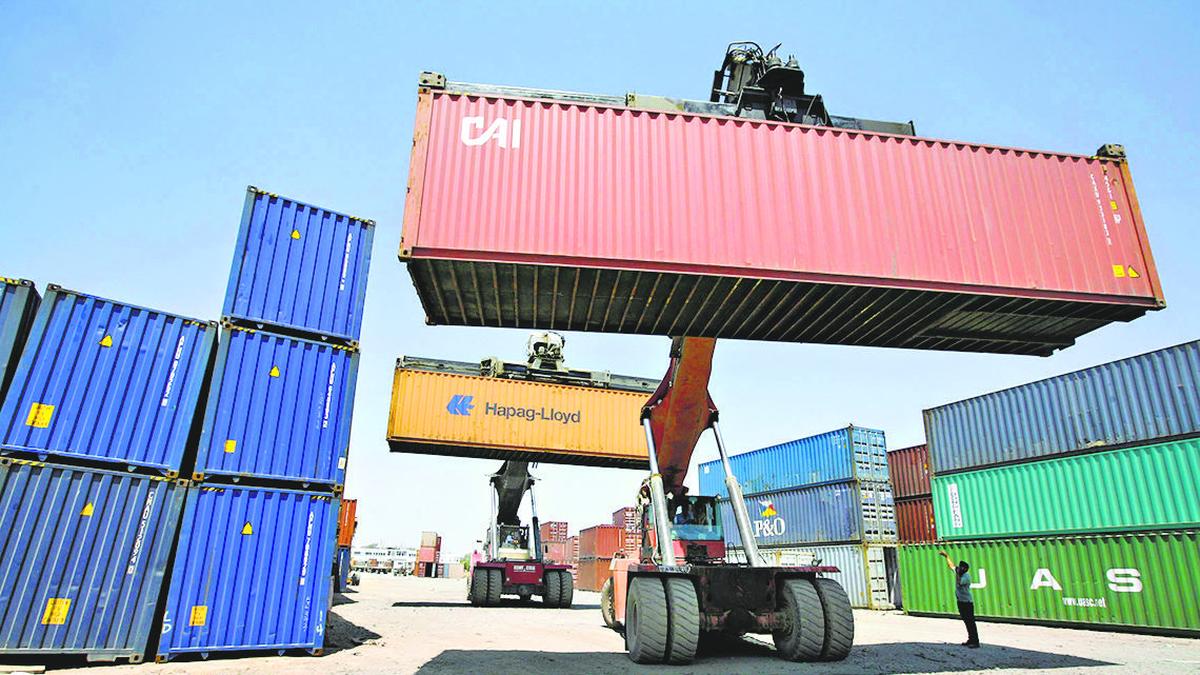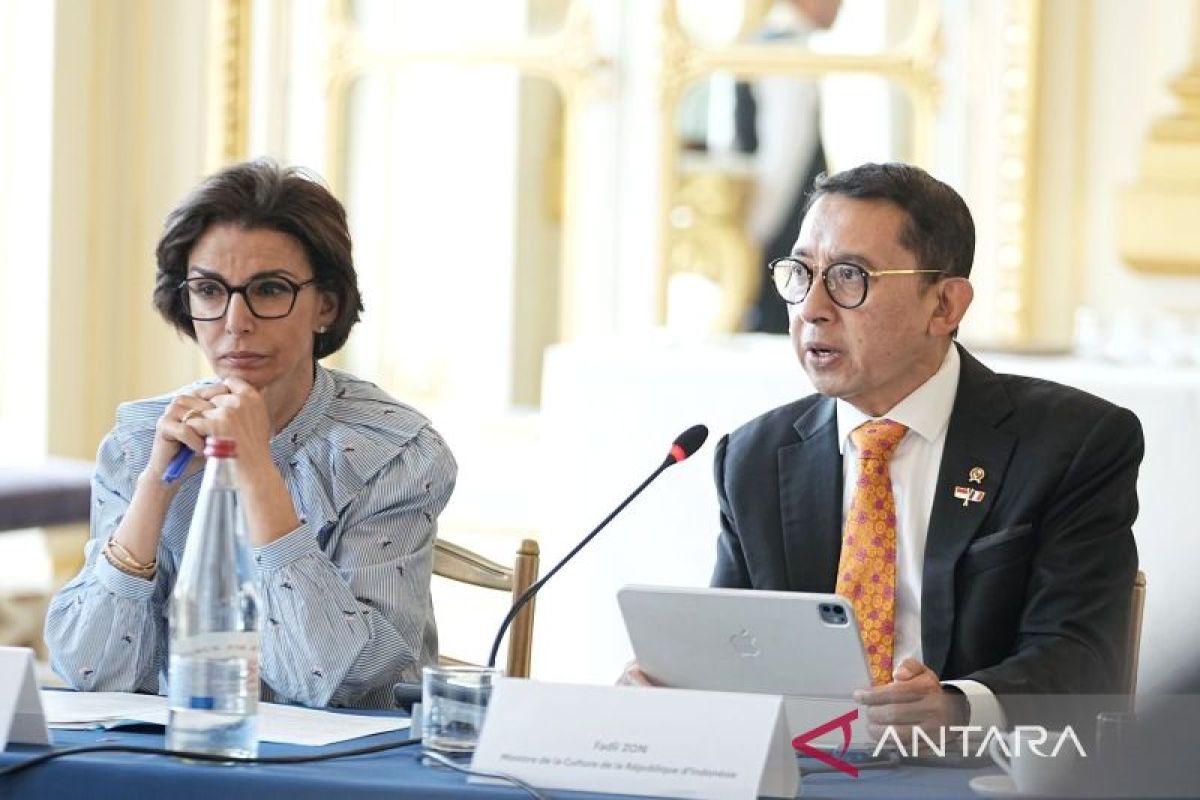UPDATED COPY. PLEASE TAKE THIS
US President Donald Trump has borne down on Indian negotiators, currently in Washington for talks on a bilateral trade deal, with the reiteration that India must dismantle all its import tariffs on American goods.
While he pushed India to bring down all import tariffs, the only concession Trump indicated from the American side was lowering the reciprocal tariffs of 26 per cent on Indian goods, set to be imposed on August 1, to perhaps below 20 per cent. He was giving specifics of his country’s proposed trade deal with Indonesia to reporters on Tuesday while drawing parallels with India.
The total absence of any parity in such postures will be hard for India to accept. Highly-placed sources told businessline that any deal that the Americans have to offer, has to be balanced.
“If the US maintains such a hard posture for an interim deal, India may just not go for a mini deal on August 1 and instead take more time to negotiate a full-fledged BTA where both sides make concessions. A one-sided deal can’t have political acceptance,” a source tracking the matter told businessline.
Steep reduction in import tariffs across sectors
Conditional market access for sensitive agriculture, dairy products
Exceptions in India’s GM policy to allow US soybean, corn
Lowering of tariffs on cars in line with UK deal
Include rules on digital trade, government procurement in deal
Trump said India is working on a trade deal similar to the one recently signed between the US and Indonesia. That deal allows US goods to enter Indonesia tariff-free, while Indonesian exports to the US face a 19 per cent tariff.
“They are giving us access to Indonesia, which we never had. That’s probably the biggest part of the deal…India is basically working along that same line,” Trump told reporters.
The US President reiterated his claim that the US was going to have access into the Indian market. “You have to understand, we had no access to any of these countries. Our people couldn’t go in, and now we’re getting access because of what we’re doing with the tariffs,” he said.
New Delhi is anxious about US’ steep demands across sectors, which includes automobiles and sensitive dairy and agriculture items, including GM products. Other agenda items include digital trade and government procurement.
But it is not willing to give additional market access to India in areas of its interest such as electronics, textiles & garments, carpets, leather, shrimps and pharmaceuticals. Washington has also not yet agreed to roll back the entire 26 per cent reciprocal tariffs for India or withdraw the 50 per cent tariffs on steel & aluminium and 25 per cent on the auto sector.
Lower import barriers for labour-intensive products like garments, electronics, shrimps
Withdrawal of US reciprocal duties of 26 per cent, including 10 per cent baseline tariffs already imposed
Rollback of sweeping tariffs of 50 per cent on steel, aluminium; 25 per cent on auto sector
Easing of issuance of work visas for Indians
A possible resumption of discussions on a bilateral social security deal
On Tuesday, India’s chief negotiator with the US, Rajesh Agarwal, said India was waiting to see how the full spectrum of the US tariff rollout and various trade deals being negotiated by Washington play out before it draws up a back up plan for the industry.
Trump had announced reciprocal tariffs for most trade partners with which the US had a trade deficit in April this year and then suspended them till July 9, except a baseline tariff of 10 per cent.
As most countries, including India, could not reach an interim deal with the US by July 9, Trump decided to push back the tariff deadline to August 1.
Published on July 16, 2025







